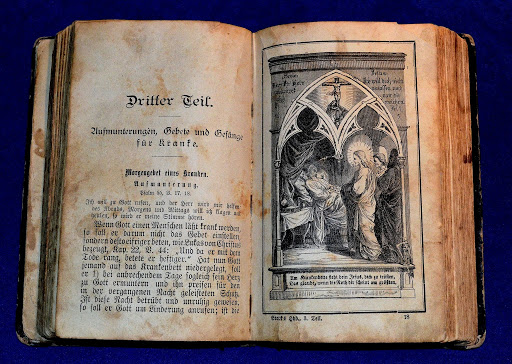The main distinction between religious and secular literature lies in their relationship with religion. Religious literature is based on religious beliefs, traditions, and practices, while secular literature is not. Examples of religious literature include the Bible, Buddhist Tripitaka, and Quran, whereas most literary works fall under the category of secular literature.
Key Takeaways
- Religious literature is based on religious beliefs, traditions, and practices.
- Secular literature is not connected to religious or spiritual matters.
- Most modern literary works fall under the category of secular literature.
What is Religious Literature?
Religious literature refers to the collection of literary work that centers around religion. Religious beliefs and traditions serve as the primary theme or concept in religious literature. In the West, religious literature often refers to books based on Christian principles, while in the East, it can be based on various religions such as Islam, Hinduism, and Buddhism.
Historically, religion played a significant role in the social and intellectual lives of people, resulting in much of the literature during certain periods being based on religious principles. Religious writers produced various genres of works, including poetry, essays, and stories. Examples of religious literature include Life of Christ by Ludolph of Saxony, Imitation of Christ by Thomas à Kempis, Mahābhārata, Ramayana, and Vedas in Hinduism.
What is Secular Literature?
The term ‘secular’ generally means not connected with religious or spiritual matters. Therefore, secular literature refers to literature not based on religion and is not rooted in religious beliefs, traditions, and practices. All genres of literature that do not have a religious base fall under the broad category of secular literature, including fantasy novels, science fiction, mysteries, and romantic poetry.
Secular literature can refer to any literary work that has no significant foundation in religion. Great literary works by authors such as Tolstoy, Shakespeare, Hemingway, and Dickens are examples of secular literature.
What is the Difference Between Religious and Secular Literature?
The primary difference between religious and secular literature is their connection to religion. Religious literature has a foundation in religion, while secular literature does not have a religious base. As a result, religious literature contains religious beliefs, traditions, and practices, while secular literature does not. Examples of religious literature include the Bible, Buddhist Tripitaka, and Quran, while most literary works fall under the category of secular literature.
Summary – Religious vs Secular Literature
The main difference between religious and secular literature is their foundation in religion. Religious literature refers to literature that incorporates religious beliefs, traditions, and practices, while secular literature is the opposite.
